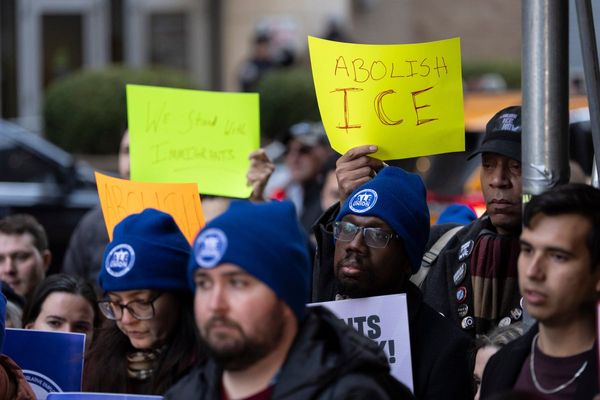
Chinese President Xi Jinping embarked on a visit to Europe, starting in France, as the continent grapples with the implications of China's rising influence and the ongoing U.S.-China rivalry. The trip comes at a time when European nations are facing challenges such as competition from subsidized Chinese electric vehicles, concerns over alleged Chinese espionage activities, and unease over China's defense ties with Russia.
Despite these issues, Europe and China maintain significant economic relations, with EU-China trade amounting to an estimated 2.3 billion euros per day. Xi's visit aims to strengthen ties with European leaders following a hiatus caused by the COVID-19 pandemic.






Xi's itinerary includes stops in Serbia and Hungary, countries known for their friendly relations with China and close ties to Russian President Vladimir Putin. Both nations have received substantial Chinese investments, raising eyebrows in Europe amid fears of Russian expansionism.
The visit is closely monitored by the U.S. for any signs of wavering European support for American foreign policy objectives. Meanwhile, Europe faces uncertainties regarding future U.S. commitments to trans-Atlantic alliances.
In France, Xi was welcomed by Prime Minister Gabriel Attal and faced protests from groups advocating for Tibetan and Uyghur rights. Activists staged demonstrations in Paris, urging France to pressure China on human rights issues.
French President Emmanuel Macron is set to host Xi for a state visit, during which discussions are expected to focus on fair trade practices and China's role in influencing Russia's actions in Ukraine. The EU has initiated an inquiry into Chinese subsidies and is considering tariffs on Chinese electric vehicle exports.
While China maintains neutrality in the Ukraine conflict, it has refrained from labeling Russia's actions as an invasion and has faced accusations of supporting Russia's military capabilities.







